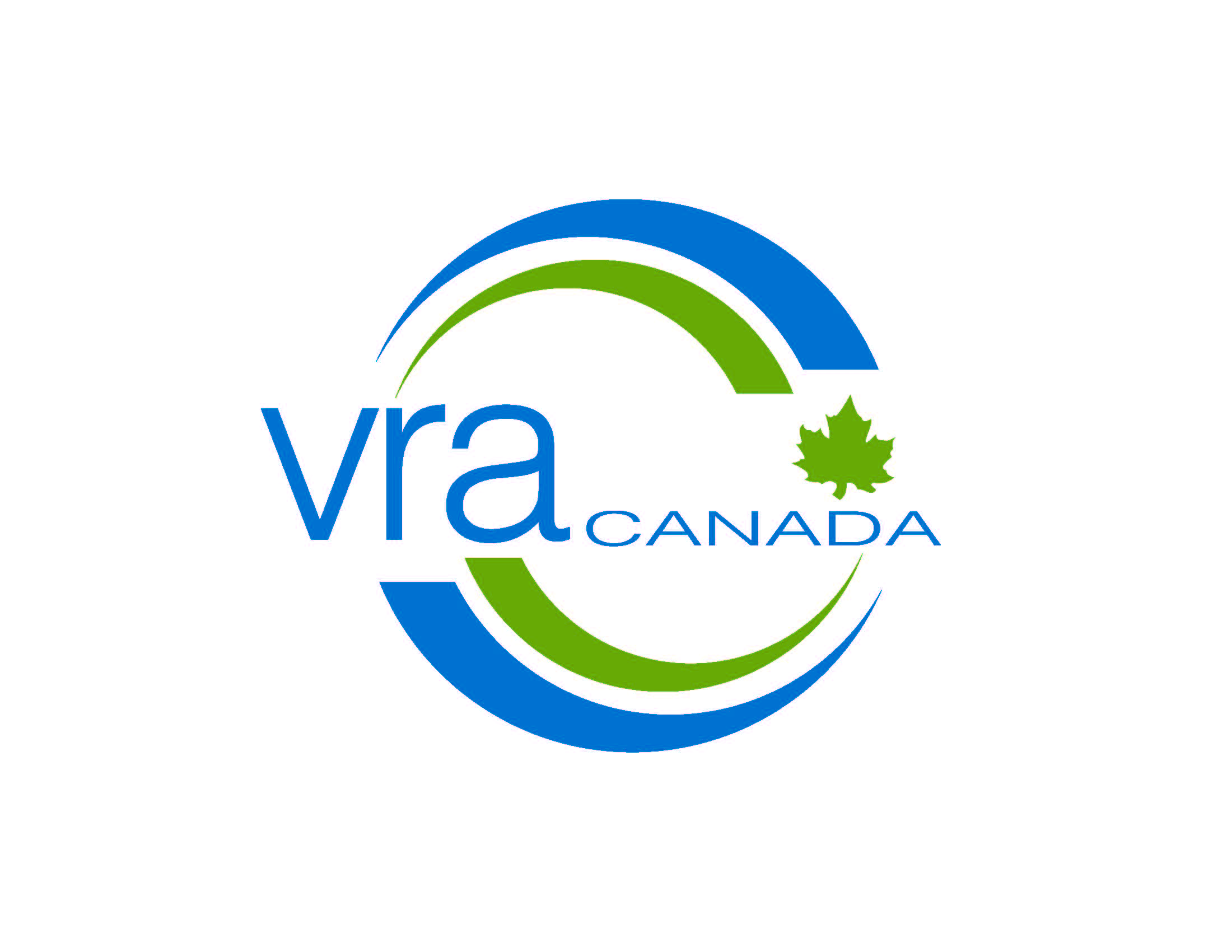Work Wellness Institute Membership!
Advance your Career & Improve your Workplace
- 350+ Lectures on Demand
- 18 self-paced e-Courses
- Accreditation opportunities
- Certifications for Members Only;
- Leadership Certification
- Inclusivity Recruitment & Retention Certification
- Work Wellness Ambassador Certification
Learn More about our Membership Program

Course Description
Traditional employment interventions are directed towards sheltered work with a more distant goal of competitive employment ("train then place"). The interventions Supported Employment and Individual Placement and Support (IPS) aim rather to rapidly place the participant in competitive work (paid work in an ordinary work environment, full time or part time), with support and follow‐up of employee and employer ("place then train").
We conducted a systematic review on the effect of Supported Employment/IPS on employment, including 38 studies from Europe, North America and Asia. The studies involved primarily participants with serious mental illness, but also participants with severe physical injuries or developmental disorders.
You will learn
- What are the principles of Supported Employment and Individual Placement and Support (IPS)
- The results of a systematic review of international studies on Supported Employment and IPS, including 38 studies on employment outcomes and health outcomes
- Experiences and success factors from the implementation of Supported Employment and IPS in Norway
Take-home-messages
Participants who receive Individual Placement and Support (IPS) are probably twice as likely to gain competitive employment compared to participants who receive other interventions. There are also positive effects for time spent in competitive work, income and cost‐effectiveness. These are findings from a systematic review from 2017, including 38 studies.
From experiences in Norway the last years, we know that IPS is implemented when the practitioners by heart knows that:
- Helping people working in a regular job in everyday work environments enhances people lives, promotes wellness and reduces stigma.
- You do not know who in your caseload is going to be successful at work. It seems natural to assume that people who use drugs or have many symptoms of mental illness would not be successful at work, but this is incorrect.
- We know that motivation to work is a strong predictor of success. People who are ambivalent about getting a job need support and encouragement so they can build their confidence about being able to work.

Heid Nøkleby, PhD
Researcher, Division of Health Services, Norwegian Institute of Public Health, Oslo Norway
Dr. Heid Nøkleby is a researcher at the Norwegian Institute of Public Health, Division of Health Services. She does research on social welfare interventions and writes systematic reviews, both quantitative and qualitative, on employment, immigration, child welfare and public health. She is also involved in teaching and guideline development on the field of substance use treatment.

Kristin Vold Hjerpås
Senior Advisor, the Norwegian Labour and Welfare Directorate
Kristin Vold Hjerpås is a senior advisor in the Norwegian Labor and Welfare Directorate. Since 2012, she has been the Project Manager for testing and establishing Evidence-based Supported Employment nationally. The work is carried out in close cooperation with the Norwegian Directorate of Health Services.
Partially funded by:

This program is pre-approved by VRA Canada for a 1 hour training session
Work Wellness Institute
Course curriculum
-
1
Supported Employment for People with Disabilities
-
Pre-Survey
-
Supported Employment for People with Disabilities
-
Supported Employment for People with Disabilities
-
Evaluation Survey
-
